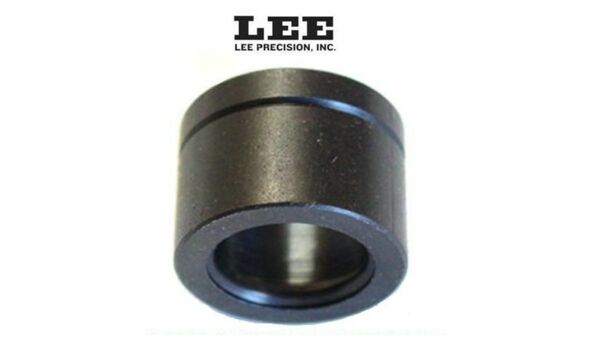Reloading shotgun shells is a popular hobby among shooting enthusiasts. It offers a great way to save money, customize loads, and get more involved in the shooting sports community. However, safety should always be your top priority when reloading shotgun shells. This guide covers essential safety tips to ensure your reloading process is both safe and enjoyable.
Set Up a Safe Workspace
First things first, your reloading area should be clean, organized, and well-ventilated. A clutter-free workspace minimizes the risk of accidental spills and mix-ups. Use a sturdy, flat surface to set up your reloading press and other equipment. Keep your reloading bench away from any heat sources, open flames, or smoking areas. It's also a good idea to have a fire extinguisher nearby.
Wear Proper Safety Gear
Safety glasses and ear protection are non-negotiable when reloading shotgun shells. Safety glasses protect your eyes from potential flying debris, while ear protection guards against loud noises if you decide to test your loads immediately after reloading. Additionally, wearing gloves can help prevent contact with harmful chemicals found in primers and powders.
Understand Your Reloading Manual
Before you even think about starting, read your reloading manual thoroughly. This manual is your reloading bible. It contains specific information about powder types, primer sizes, shot sizes, and the correct measurements for each component. Ignoring these guidelines can lead to dangerous overpressure situations or weak loads that fail to fire.
Inspect Your Components
Inspect each shotgun shell component carefully before use. Check the hulls for any signs of damage, such as splits or dents. Discard any damaged hulls immediately. Examine primers, powder, and wads for any signs of contamination or moisture. Using clean, undamaged components is crucial for safe and effective reloading.
Measure Powder Accurately
Accurate powder measurement is vital in shotgun shell reloading. Always use a reliable scale to measure your powder charges. Double-check your measurements to ensure they match the specifications in your reloading manual. Never guess or eyeball the amount of powder you use. Overcharging or undercharging can lead to dangerous firing conditions.
Keep Components Separate
Store your primers, powders, and completed shells in separate, clearly labeled containers. This practice helps prevent accidental mixing and makes it easier to keep track of your inventory. When you're reloading, only bring out the components you need for that specific session. Keeping your workspace organized reduces the risk of accidents.
Prime with Caution
Priming is one of the most sensitive steps in reloading shotgun shells. Handle primers with care to avoid accidental detonation. Use a priming tool that you are comfortable with, and follow the instructions carefully. If a primer seems stuck or difficult to seat, do not force it. Instead, investigate the issue and resolve it safely.
Stay Focused
Reloading requires full attention. Avoid distractions like TV, phone calls, or conversations when you're at your reloading bench. Even a brief loss of concentration can lead to reloading mistakes. Set aside dedicated time for reloading when you can focus entirely on the task at hand.
Store Finished Shells Properly
After reloading, store your finished shotgun shells in a cool, dry place. Keep them in labeled containers, noting the load details such as powder type, shot size, and the date they were reloaded. Proper storage ensures your shells remain safe and effective for future use.
Practice Good Housekeeping
Clean up your reloading area after each session. Wipe down surfaces, properly dispose of spilled powder, and return all components to designated storage areas. Regular maintenance of your reloading equipment is also essential. Inspect your equipment for wear and tear. Replace any worn parts to avoid malfunctions.
Seek Advice and Education
If you're new to shotgun shell reloading, seek advice from experienced reloaders. Joining a local shooting club or online reloading community can provide valuable insights and tips. Many experienced reloaders are happy to share their knowledge and help newcomers avoid common mistakes.
Know the Signs of Trouble
Finally, be aware of the signs of trouble when using reloaded shotgun shells. Stop shooting immediately if you experience any unusual sounds, weak firing, or difficulty extracting shells. These signs could indicate a problem with your reloads. Investigate the issue before continuing to ensure your safety.
Conclusion
By following these essential safety tips, you can enjoy reloading while minimizing risks. Remember, when it comes to reloading, it's better to be safe than sorry.



